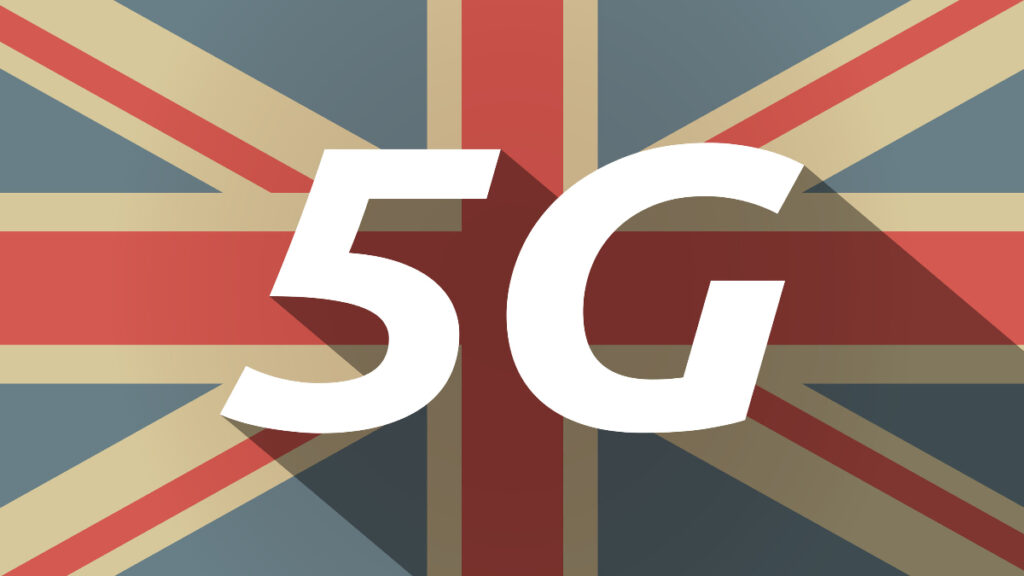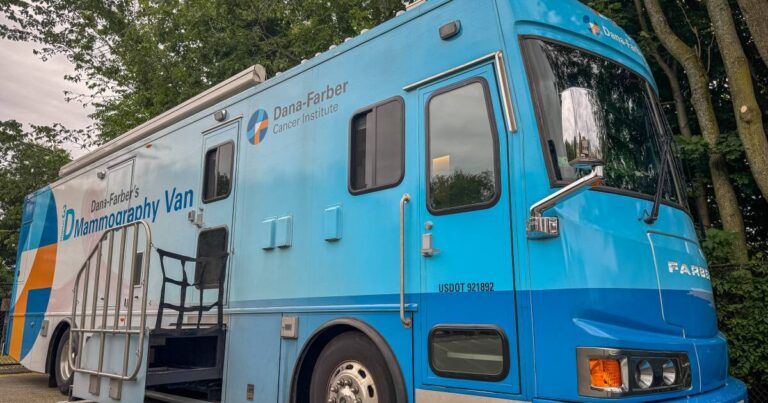
With the new scheme, Ofcom said it will reduce the fees for 900 MHz spectrum to £1.03 million per megahertz, a 26% reduction from current levels
In sum – what to know:
Fee reductions – Ofcom is cutting license fees for 900 MHz and 1800 MHz spectrum by 26%, saving operators approximately £60 million ($81 million) per year.
2.1 GHz fee rise – Fees for the 2.1 GHz band will rise by 6%, slightly less than originally proposed.
Trading flexibility – Ofcom is consulting on removing upfront payment rules to make mobile spectrum trading easier.
The U.K.’s communications regulator Ofcom has announced changes to the annual licence fees (ALFs) mobile network operators pay to use specific spectrum bands, following a public consultation. The adjustments are expected to cut total operator costs by around £60 million ($81 million) per year.
Ofcom currently charges mobile operators for access to spectrum in the 900 MHz, 1800 MHz and 2.1 GHz bands, with fees totaling approximately £325 million ($420 million) annually.
“To ensure that spectrum is used efficiently, we aim to set ALFs based on an estimate of the forward-looking market value of the spectrum in each of the bands,” the regulator said.
The final decision is almost similar to Ofcom’s earlier proposals, though the U.K. regulator made some modifications after reviewing stakeholder feedback. The reductions for 900 MHz and 1800 MHz are slightly deeper than initially suggested, while the increase for 2.1 GHz has been scaled back.
With the new scheme, the regulator said it will reduce the fees for 900 MHz spectrum to £1.03 million per megahertz, a 26% reduction from current levels; reduce the fees for 1800 MHz spectrum to £760 ($980) per megahertz, a 26% reduction from current levels and a 6% increase in fees for 2.1 GHz spectrum to £722,000 ($931,380) per megahertz.
“While the amount of money saved by each mobile network operator will vary… all operators will benefit from these changes, strengthening their ability to invest in the U.K.,” the regulator added. The legal regulations to implement the new fees will be introduced later this year.
In a separate move, the U.K. regulator is consulting on a change to the mobile trading regulations. It proposes removing the current requirement that operators must fully pay all ALF installments before trading their spectrum holdings. According to Ofcom, “this would remove a potential barrier to spectrum trading, which could encourage efficient use of spectrum.”
Stakeholders are invited to respond to the consultation by September 12, 2025, the regulator added.
5G technology currently accounts for 28% of all mobile connections in the U.K., according to a recent report by Ofcom. Ofcom’s latest ‘Mobile Matters’ report tracks growing 5G adoption in the country and performance gaps among U.K. carriers. The newly published report is based on crowdsourced data gathered by Opensignal between October 2024 and March 2025.
A key development in the U.K. is the ongoing deployment of 5G Standalone (5G SA), which runs on a dedicated 5G core network. Currently, 2% of all connections in the U.K. use 5G SA technology, according to the Ofcom report.
Local carrier Vodafone led the way with its 5G SA launch in 2023, followed by O2 and EE in 2024. Three UK has yet to roll out 5G SA technology. According to the report, 5G SA offers approximately 45% faster download times compared to traditional 5G technology, along with lower latency.
Among the UK’s mobile operators, EE had the largest share of 5G connections (32%), while Vodafone had the lowest (24%) but led in 4G share (76%). O2 showed the highest proportion of 3G usage (3%) and the lowest on 4G (68%).




